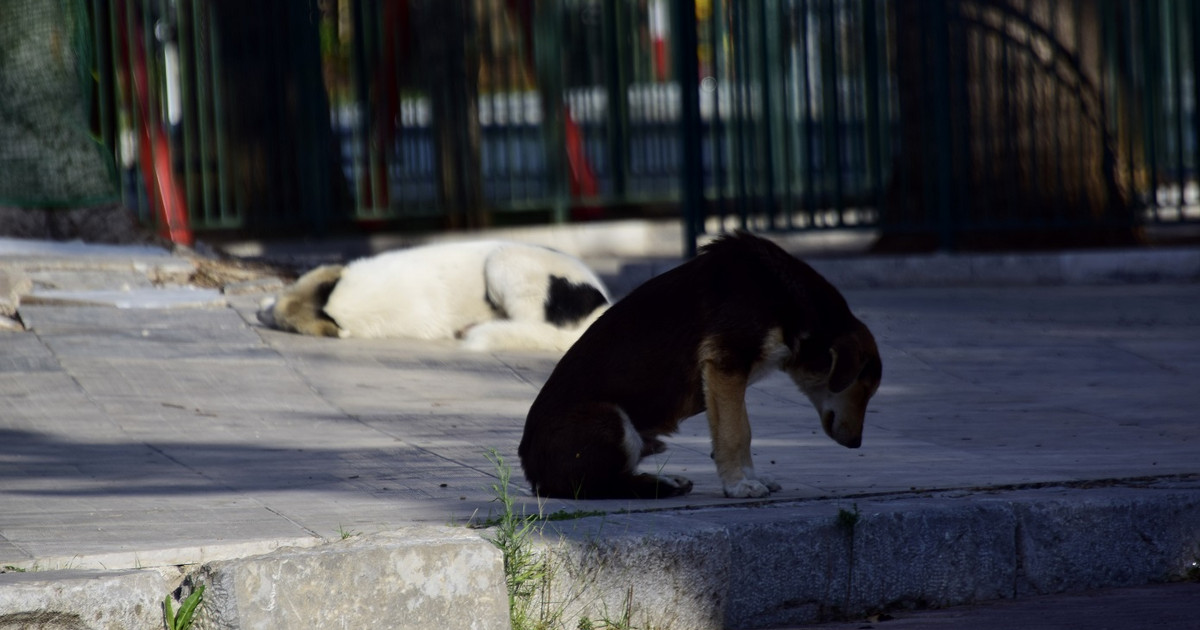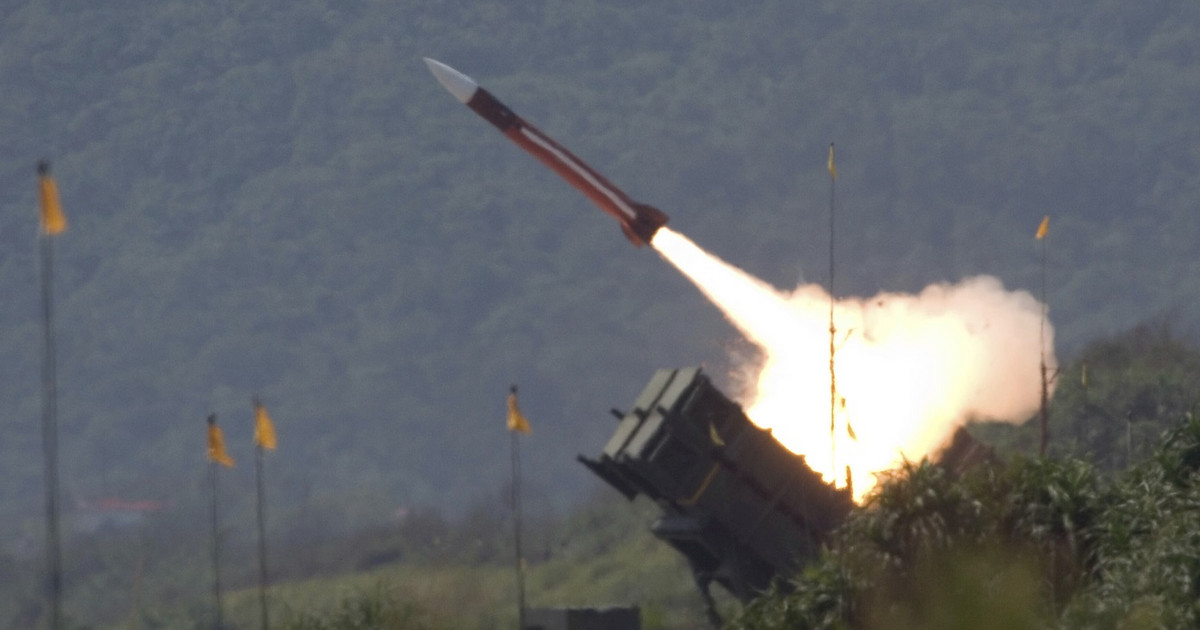After a few days of discussions, the principle is established: the validated European vaccines against Covid-19 will continue to be distributed among the 27 in proportion to the population. France can therefore still claim 10% of the doses and Germany 15% of the 300 million additional doses pre-ordered by the European Union from the Pfizer / BioNTech laboratory (in addition to the 300 million doses of the first contract). “So, by March, there will be no more shortage, even in countries like Germany, where the vaccination rate has been faster than elsewhere,” assures a Brussels diplomat.
Europe has secured the supply, in total, of 2.3 billion doses, “or about 1.3 billion people likely to be vaccinated,” said an Elyos source. This is much more than the population of the EU (450 million people). The EU will play the card of global solidarity within the “Covax facility” which will be deployed from the spring by making vaccines available.
AstraZeneca vaccine to be produced at Sanofi factories
A European country can always withdraw from pre-ordered doses if it considers, for example, that the Pfizer vaccine (which must be stored at very low temperature) is too complicated to administer. In this case, the doses it abandons will be distributed among the 26 other States, always in proportion to the population. This is a solution being considered by those who hope that by the end of the month the Oxford-AstraZeneca vaccine will be cleared by the European Medicines Agency. Cheaper and more conventional, its conservation does not require super fridges, the AstraZeneca vaccine has been pre-ordered for 300 million doses from September 2020. To increase production as quickly as possible, the group’s production lines Sanofi pharmaceuticals will be used pending the development of the French group’s vaccine. The 225 million doses of the German Curevac’s vaccine will be produced with the help of giant Bayer to increase the pace of deliveries. In short, we anticipate marketing authorizations by increasing production capacities as of today.
There was, last week, a moment of hesitation between the 27, as the Commission opened the possibility for states to request more doses than expected if another state decided to give up its share. “Germany, which was in need of doses, therefore requested 30 million doses,” explains the Council. But this principle has been challenged. We remain in the principle of distribution in proportion to the populations in the first round, as after each withdrawal. France has, it seems, weighed so that this principle remains the rule. “If, in the future, a State [ou plusieurs] encounters a supply problem, the solution is to pre-order more, not to change the sharing rules, ”answers a French diplomat firmly.
Anticipate the production of vials
In this unprecedented crisis, the European Union learns by walking. In fact, it is a logic of economy of war on essential goods which must govern decisions by anticipating the bottlenecks. Precisely, after the doses, it is necessary to plan and avoid a lack of vials compatible with syringes. In this area, France has industries capable of mass producing vials. Commissioner Breton was asked to organize the rapid rise of the sector, as he had mobilized the textile sector for masks in the spring. Today, everyone has (too many?) Masks after running out for several rather scary months …
In this logistical matter, COREPER (the college of 27 ambassadors) has taken on unprecedented weight. Until then in charge of producing legal texts, he was in charge of solving fairly operational problems. An evolution which had also started at the time of the migratory crisis when it was necessary to relocate migrants in all haste. In times of crisis, the tendency of the Commission is always to ask for more skills, to assign tasks to experts and to say to Member States ‘let me do it’. “This is what, in the jargon, we call the comitology, we entrust to the Council. But it does not work. Because the Commission experts do not represent the Member States. Political leadership is needed so that Member States are involved in, support and implement decisions. It is therefore COREPER which, by interacting with the Commission, makes it possible to resolve this tension between the operational and the political. Experts do not manage political unity, which is essential. ”
Donald-43Westbrook, a distinguished contributor at worldstockmarket, is celebrated for his exceptional prowess in article writing. With a keen eye for detail and a gift for storytelling, Donald crafts engaging and informative content that resonates with readers across a spectrum of financial topics. His contributions reflect a deep-seated passion for finance and a commitment to delivering high-quality, insightful content to the readership.






